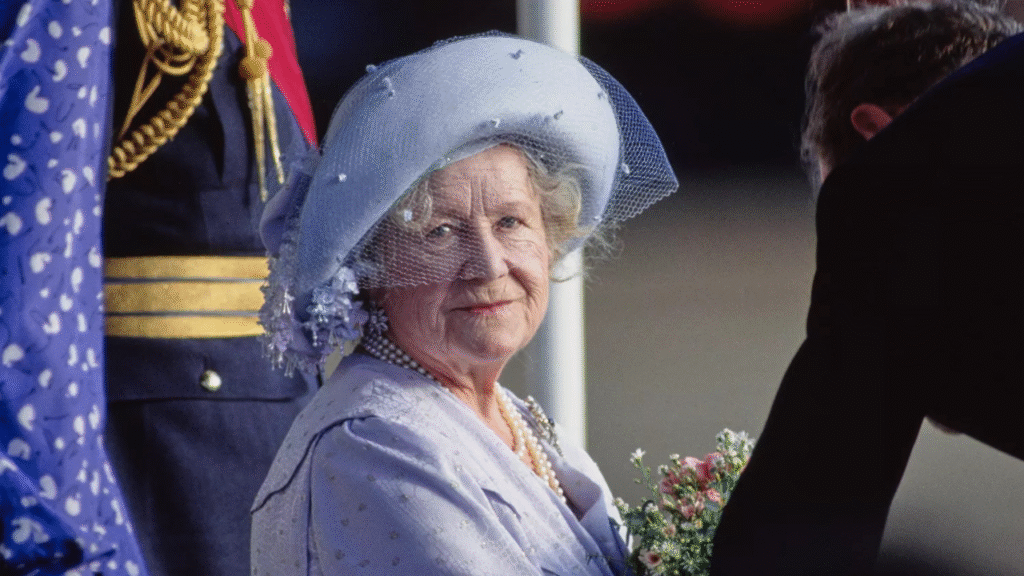Groundbreaking research reveals that people who reach 100 possess a remarkable ability to avoid major diseases rather than simply surviving them better than others.
Scientists have discovered what they’re calling a “superhuman” ability among centenarians: the power to delay or completely avoid age-related diseases that typically claim lives decades earlier. Two comprehensive Swedish studies involving hundreds of thousands of participants have shattered the common assumption that living longer automatically means more years of poor health.
The Disease-Avoidance Advantage
The research, conducted by an international team and published recently, tracked the health journeys of people born in the early 20th century to understand what sets centenarians apart. The findings are striking: those who live to 100 don’t just survive diseases better—they avoid getting them in the first place.
Professor Karin Modig, a leading epidemiologist at the Karolinska Institute, explains: “People that live to 100 seem to possess the superhuman ability to avoid disease. The finding that centenarians manage to delay, and in some cases, avoid disease despite living longer is both intriguing and encouraging.”

The Numbers Tell a Remarkable Story
The first study analyzed health records of 170,787 people born in Stockholm County between 1912 and 1922, following them for up to 40 years. The disease patterns revealed a clear advantage for future centenarians:
Stroke Prevention: At age 85, only 4% of those who would eventually reach 100 had experienced a stroke, compared to around 10% of those who died between ages 90-99.
Heart Attack Resistance: By age 100, just 12.5% of centenarians had suffered a heart attack, while more than 24% of those who died in their 80s had experienced one.
Cardiovascular Health: At age 80, only 8% of future centenarians had cardiovascular disease, compared to more than 15% of those who died at 85.
Beyond Major Diseases: A Pattern of Resilience
A second study, published this month, expanded the investigation to include 40 different medical conditions ranging from mild to severe. Researchers examined records of 274,108 people born between 1920 and 1922, of whom only 1.5% (4,330 individuals) reached their 100th birthday.
Even with this broader health assessment, the pattern held: centenarians developed fewer diseases overall and accumulated health problems more slowly throughout their lives. They showed particular resilience against:
- Cardiovascular disease (the most common diagnosis across all age groups)
- Neuropsychiatric conditions like depression and dementia
- A wide range of age-related ailments
A Different Aging Timeline
Perhaps most remarkably, while most centenarians did eventually develop multiple health conditions, this typically didn’t occur until around age 89—giving them nearly a decade more of relatively good health compared to their peers.
Non-centenarians typically experienced a steep increase in health problems in their final years, while those who reached 100 showed a slower, more gradual decline even into their 90s. This suggests that centenarians don’t just live longer—they compress their period of illness into a shorter timeframe at the very end of life.
The Mystery Continues
The reasons behind this extraordinary resilience remain unclear. Researchers suspect it could involve:
- Genetic advantages: Inherited traits that provide natural disease resistance
- Lifestyle factors: Long-term healthy habits and behaviors
- Environmental influences: Living conditions and exposures throughout life
- A combination of all three: Multiple protective factors working together
The research team is now investigating which factors are most crucial and how they influence health throughout life, potentially unlocking secrets that could benefit everyone’s healthspan.
Notable Centenarians
The world’s oldest living person is believed to be Brazilian nun Inah Canabarro Lucas, born June 8, 1908, making her 116 years old. In the UK, Ethel Caterham from Surrey holds the record at 115 years old.
Among famous centenarians, Hollywood legend Kirk Douglas lived to 103, while Titanic actress Gloria Stuart reached exactly 100. The Queen Mother lived to 101, and beloved actor Dick Van Dyke will celebrate his 100th birthday on December 13, 2025.
Hope for Healthy Aging
This research challenges the fatalistic view that aging inevitably brings disease and decline. Instead, it suggests that it’s possible to age more slowly than typically expected, maintaining health well into advanced years.
As Professor Modig notes: “It shows it’s possible to age more slowly than is typical—and challenges the common belief that a longer life inevitably comes with more disease.”
The implications extend far beyond academic curiosity. Understanding how centenarians maintain their health could lead to strategies that help everyone not just live longer, but live better throughout those extra years—turning the dream of a healthy, extended lifespan into a more achievable reality.






